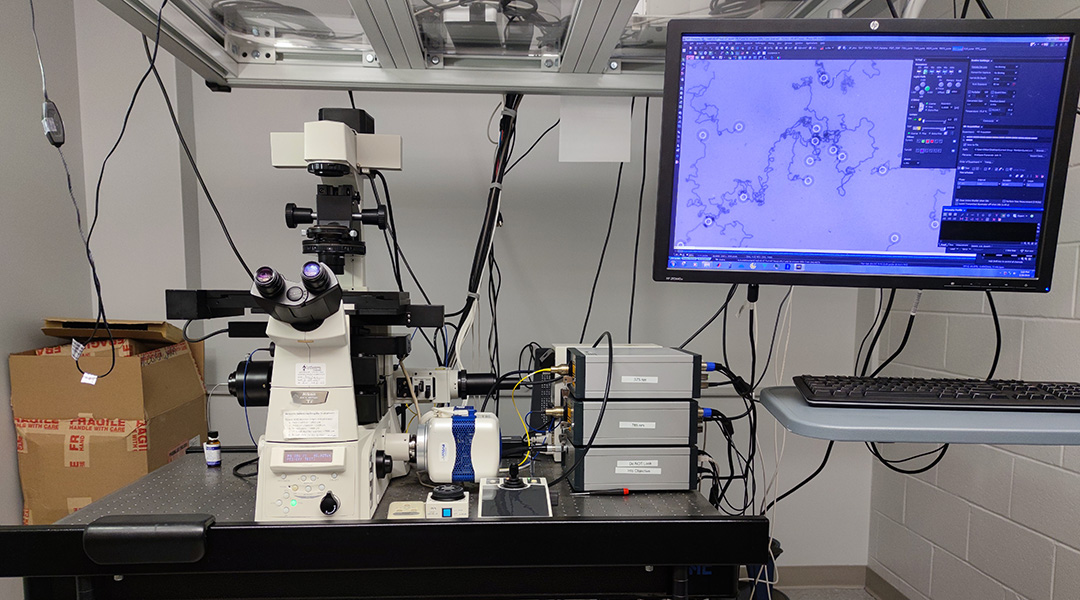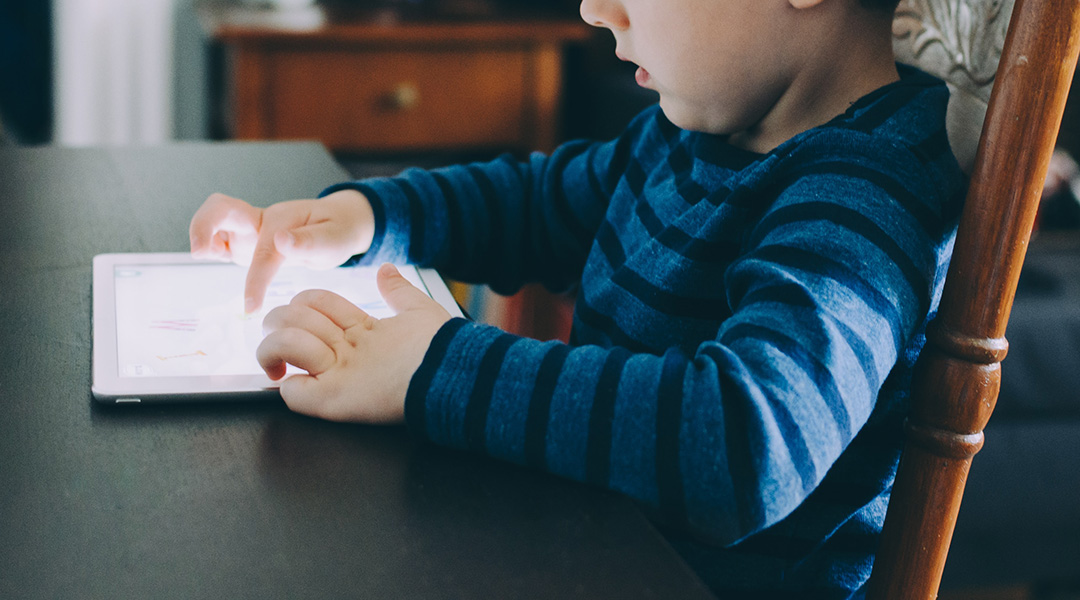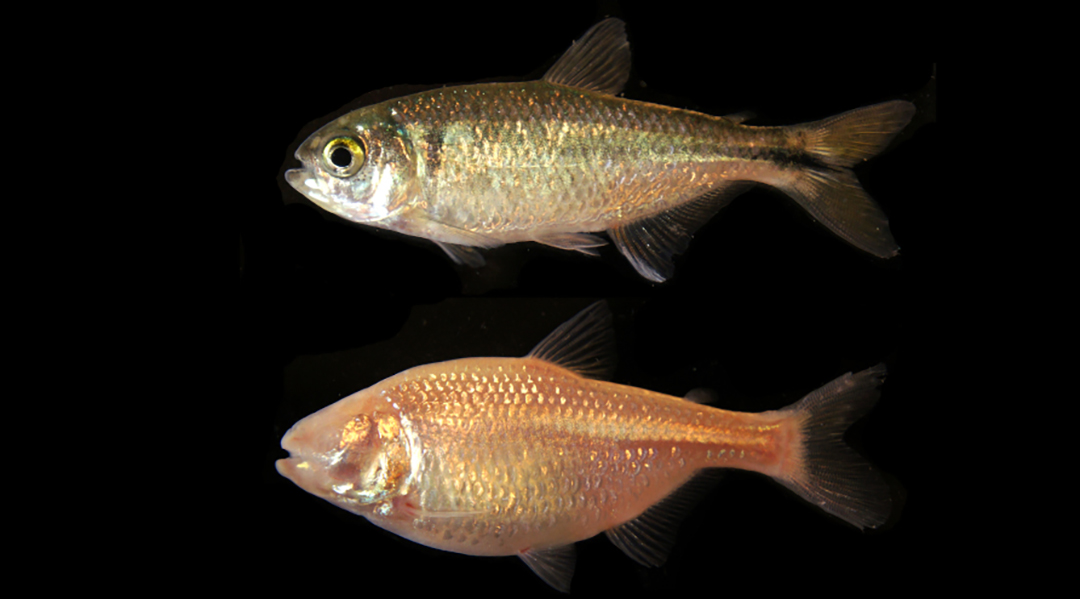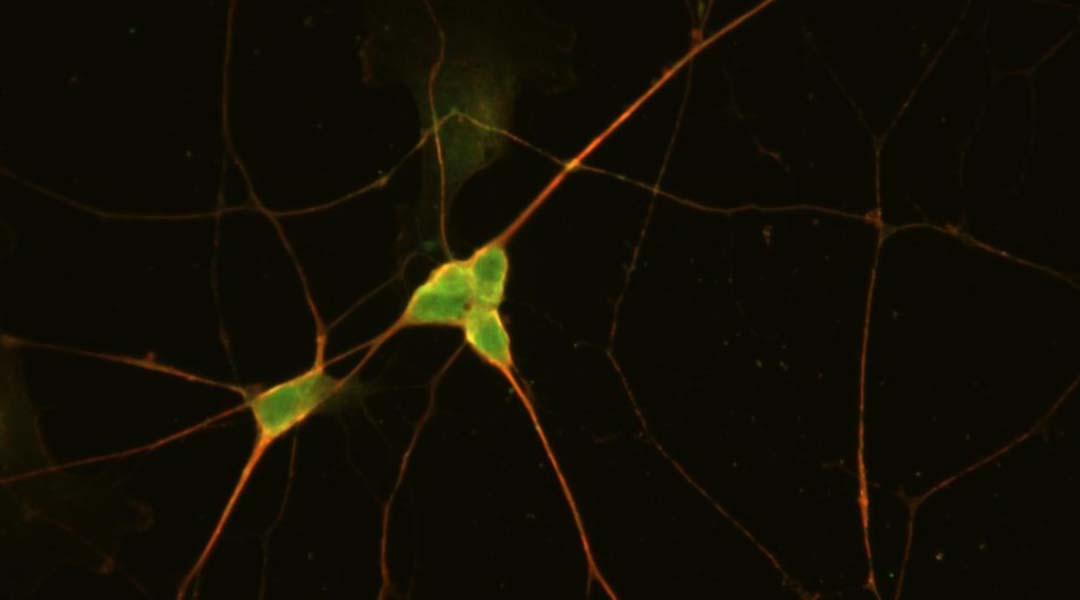A sensational paper argues that AI could be responsible for the scarcity of advanced technological civilizations in the Universe.


A sensational paper argues that AI could be responsible for the scarcity of advanced technological civilizations in the Universe.

First living biosensor developed to study honeybee gut microbiome, providing insights into health and conservation.

Scientists achieve threefold speed boost for DNA nanomotors and applied them to breakthrough virus detection for SARS-CoV-2 and RSV tests.

Researchers have found a trade-off with screen time and the cognition, behavior, and brains volume of adolescent and young children.

Experts argue a new approach is needed so that we are less reliant on antimicrobial drugs, where less use means less resistance.

Cutting short “shut eye” by just an hour and a half a night directly impairs blood vessel cells in healthy women.

Cavefish studies hint at ketogenic diet’s impact on autism-like behavior, opening new paths for understanding and treatment.

A new AI diagnostic tool uses microbiome data and lifestyle factors to predict risk of multiple diseases, ushering in a new era of personalized healthcare.

Autonomous materials laboratories and the research communities that build them will be crucial to achieving our climate goals.

A model based on human stem cell–derived neurons is allowing researchers to understand opioid-induced respiratory failure to improve overdose treatment.